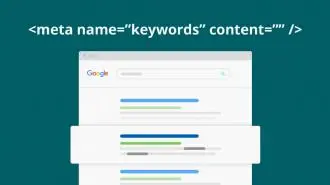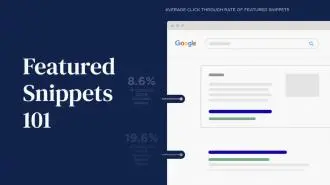Summary / TL;DR
A Google Knowledge Panel is an automatically generated information box that appears on the right side of search results and displays verified facts about people, places, brands or entities. It is powered by Google’s Knowledge Graph, which draws from reliable sources like Wikipedia, LinkedIn and official websites. Knowledge panels enhance visibility and credibility by presenting concise, factual content, making it easier for users to access trustworthy information. To acquire one, businesses must create a verified Google Business Profile, establish a clear entity home on their website, add structured data (schema markup), and ensure consistent information across reputable third-party sites. While inclusion cannot be requested for branded or personal panels directly, improving SEO, domain authority, and corroborative visibility increases the likelihood. Knowledge panels can be claimed through associated digital accounts, and changes require verified evidence. Despite no guaranteed method or timeframe, strategic brand development can improve eligibility for a panel.
Do you want to own real estate on Google Search results like established brands? You can certainly do that with Google Knowledge panels.
Knowledge panels on the right trail of the search results occupy more real estate than those governed by snippets, top results, images, and ads. That’s why local businesses are eyeing them with hungry eyes and devising strategies to acquire one of their own.
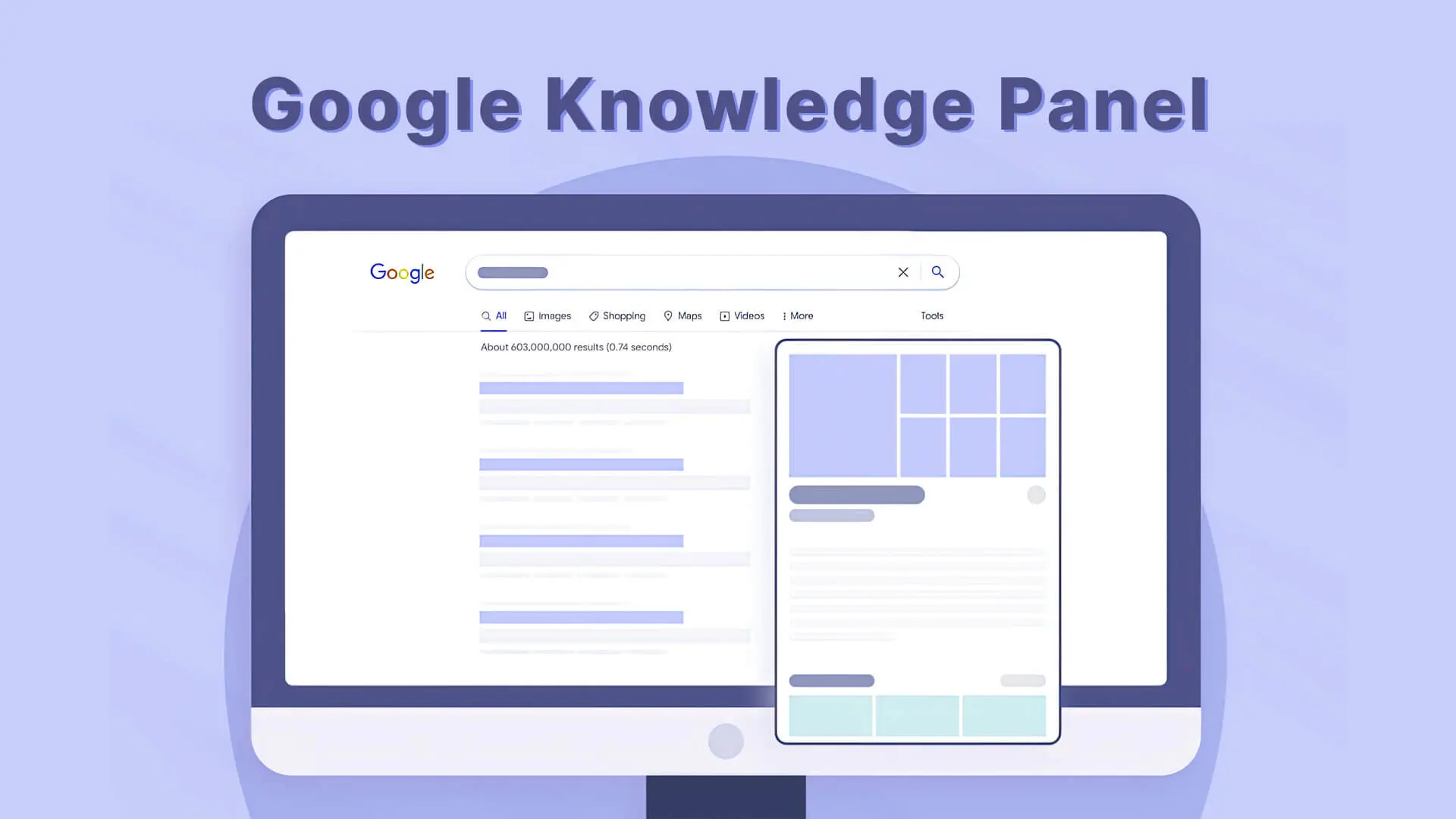
If you desire a personalised knowledge panel for your brand, continue reading as we provide comprehensive insights.
Want to receive updates? Sign up to our newsletter
Each time a new blog is posted, you’ll receive a notification, it’s really that simple.
What Does Google Knowledge Panel Mean?
You may have noticed relevant and concise information displayed on the right side of the search results page, alongside Google Images results, during a desktop Google Search. You’re looking at the Google Knowledge Panel, which provides concise information and important links.
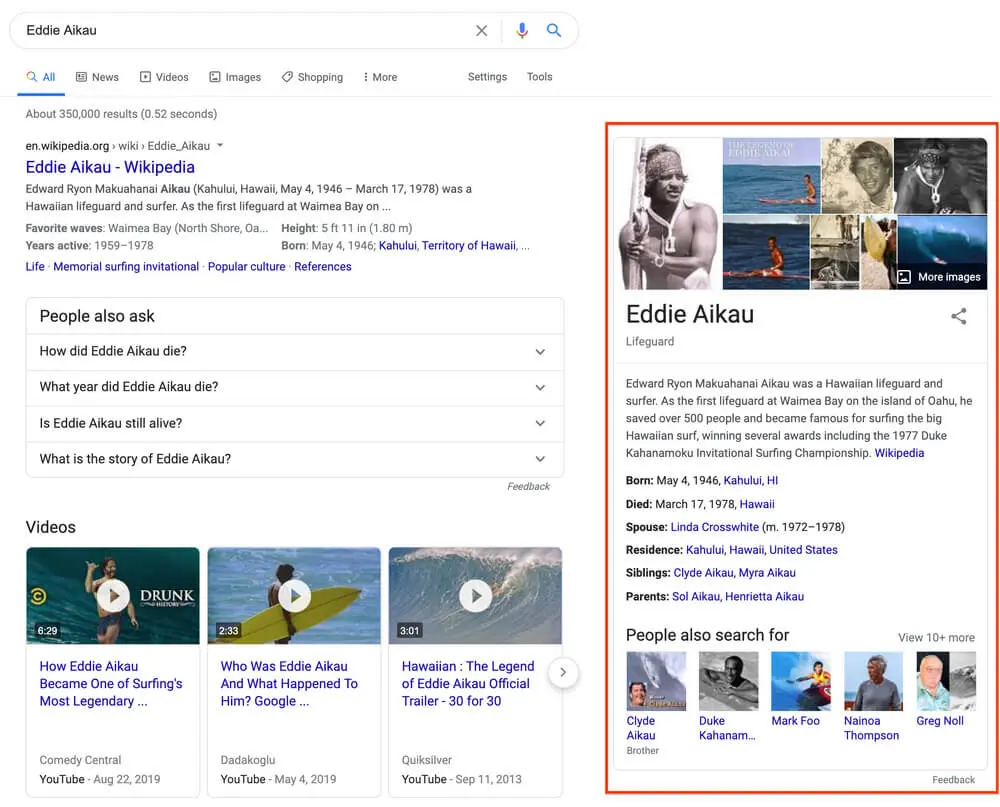
The panel delivers information deemed factual by Google’s algorithm, ensuring users get accurate details. These facts are powered by Google’s knowledge graph, a vast database with millions of entries. Only verified data from trustworthy sources makes it to the knowledge panel.
Google aims to offer users a quick and concise overview of information through these automatically generated knowledge panels. When a user searches for a particular entity (business, person, place, or thing), a knowledge panel appears to:
- Provide facts about those entities
- Provide other related information about the entities
- Save users’ time by providing all facts in one place
Meanwhile, it would be best to remember that business profiles might resemble knowledge panels, but they don’t. Unlike knowledge panels, these are specific to the business, and information is supplemented by companies, not Google’s knowledge graph.
Why Do You Need Google Knowledge Panel?
We know the importance of SEO in increasing the online visibility of businesses by boosting the organic search in the search results. Google Knowledge Panel can help you in the same manner.
It’s hard for people to overlook clear information amid the chaos of web search results, isn’t it? This is precisely where knowledge panels shine, promoting business information by making it stand out for users to see instantly.
A logical person always looks for an easy and quick way to find information. So, when provided with an alternative of easy-to-grasp data, they’ll happily use it instead of scrolling through the extended search results list. And that’s how knowledge panels help businesses and individuals.
The Google knowledge panel enhances your business’s credibility by presenting pertinent details about your company, its services, and its founders. It ensures users receive reliable and factual information. They can find information about your brand in one place and navigate to the part that best suits their interests.
Moreover, if potential customers are looking up your business, it makes sense to offer them accurate information. This is where knowledge panels come in handy, providing both them and you with credible and reliable details.
To help you understand better, here is how Google’s knowledge panel can help your brand.
- Increase visibility
- Get more user interaction through organic search
- Increase online reputation and establish authority
How Do Google Knowledge Panels Originate?
Google knowledge panels pop up when its algorithm is sure about a fact, verifying it with reliable sources to ensure authenticity. As per Google, the information displayed in these panels is generated automatically.
These sources include Wikipedia pages, CrunchBase, LinkedIn, WordLift, Facebook, etc. Also, in some instances, Google might closely work with data partners to provide accurate information to its users, for example, in entities like movies or music.
The information gathered from multiple sources is then added to Google’s knowledge graph, which feeds the panel. So, if you want your knowledge panel, slide into this knowledge graph, which is the encyclopaedia of facts for Google.
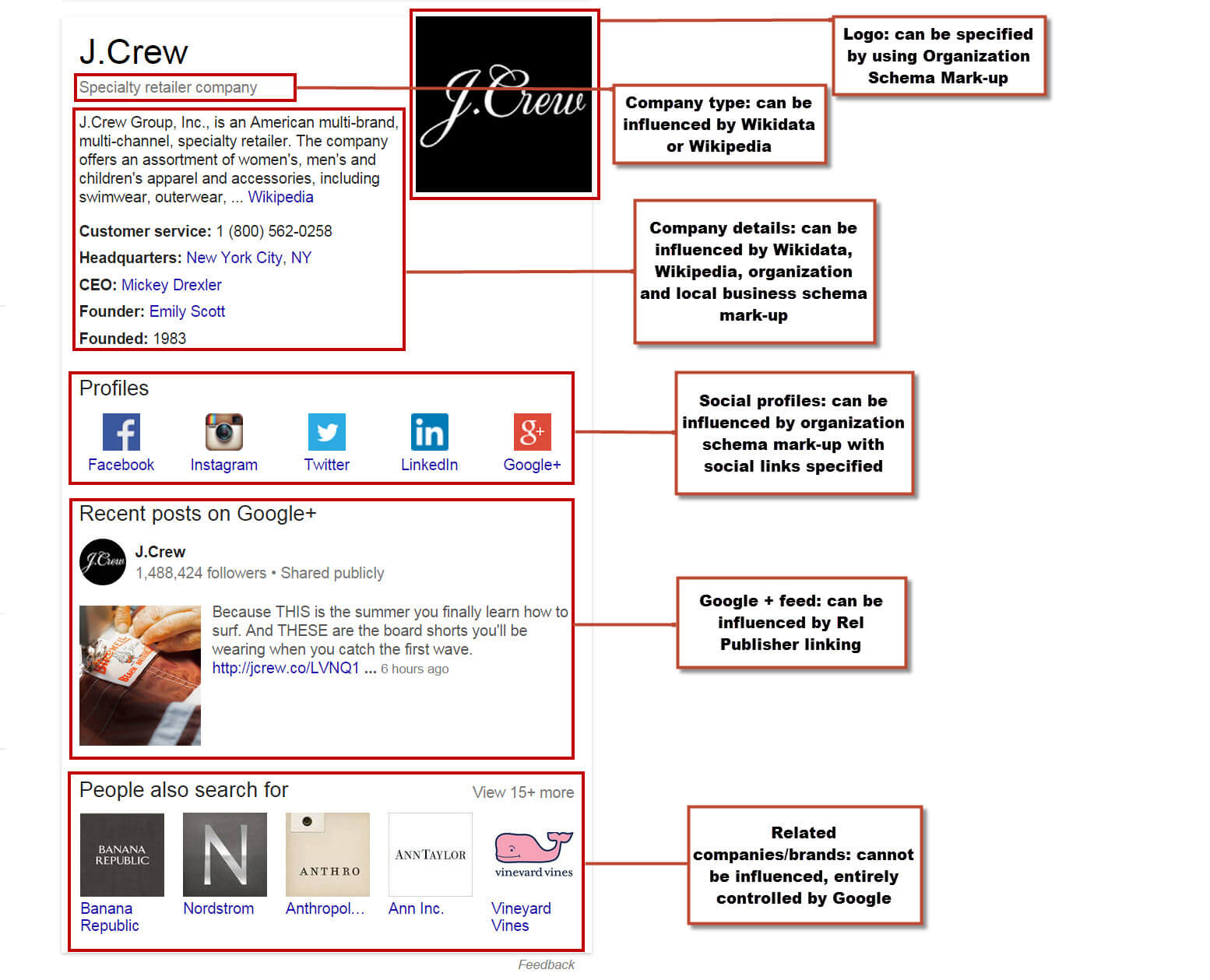
How To Get A Google Knowledge Panel?
Now comes the most important question you’ve considered — “How do I get a knowledge panel?” Before you proceed, know there isn’t a clear-cut and sure-shot way of getting one, as many factors are at play here.
Firstly, you can’t get a knowledge panel without Google’s approval. Secondly, that isn’t possible if you hope to apply for a branded or personal panel. And thirdly, even if you use it for a local business panel, its success depends on many factors, not just the application. Complicated. Let’s simplify!
For starters, there are two knowledge panels: Local Panels and Branded/Personal Panels. The difference between these is location. While local panels only appear depending on the searcher’s geographical location, branded/personal panels don’t have this constraint.
Moreover, a local business owner can apply for a local panel; however, the same isn’t the case with branded or personal panels, as Google releases them at its discretion. It decides who is honoured to receive such a tag, but obviously, one can work around that.
You can make Google recognise your brand by improving the SEO strategy, growing your domain authority, establishing reliable backlinks, and expanding the brand among the target audience. You can follow this simple process to get a knowledge panel. We have discussed this in detail below.
1. Create A Google Business Profile
As Google’s algorithm creates knowledge panels, you need to be visible to Google for it to recognise your brand. That’s why creating a listing of your business on Google is the foremost thing you should do. You have to start by creating a Google Business Profile and verifying it.
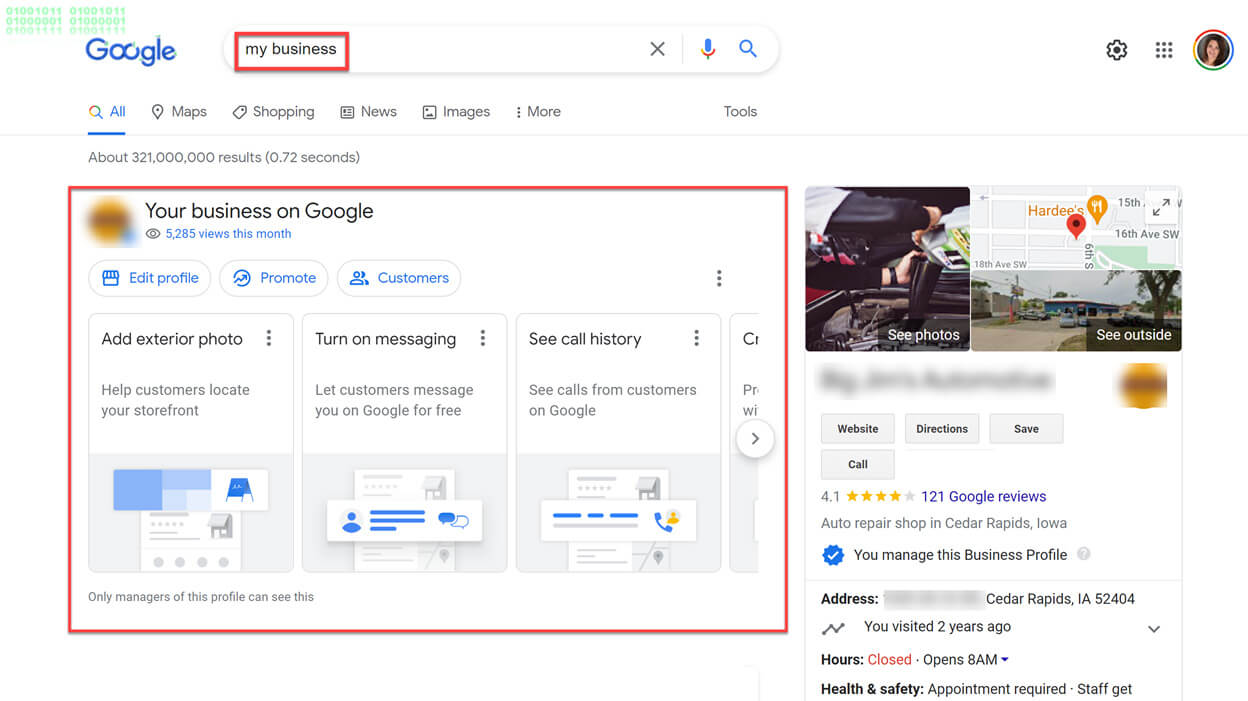
By creating a Google My Business Profile, you can provide enough information about your brand for Google to pull data from. With this, it becomes easy for your business to become a known entity in Google’s algorithm. Besides, you’d want to make a business account as it’s essential for listing on Google Maps.
2. Create An Entity “Home” For Your Business
After giving Google a heads-up regarding your company, it’s time to provide the address of that business entity. This address is your brand’s website, from which Google’s knowledge graph can source information. Your entity’s home will be on your website, giving enough information about the brand, policies, vision, founder, etc.
This place is usually the “About Us” section of the website, which contains detailed information about your business. Once you add enough information, Google will set this as its primary source to display data about your brand.
As a side note, remember to set the entity home as your website, not third-party websites you have little or no control over.
3. Add Structured Schema-Markup
Once you’ve set the entity home on your website, why not populate it with facts that appeal to Google? In this step, you must aim to lavishly furnish the information about your brand in a way Google understands best. This means factual information is sequenced under multiple sections that you can easily interpret.
Also, Google is a machine that doesn’t understand the vocabulary you use; that’s where adding Organisation Schema.Org markup helps. Structured data (schema) aids in communicating the information laid out on your company website in Google’s native language by confirming all the data you’ve already provided.
4. Substantiate The Information
You can’t trust Google or any rational person to believe everything a brand says if reliable sources don’t corroborate the information. Therefore, substantiating the information on the website is equally necessary if you want your brand to have a knowledge panel.
To accomplish that, find corroborative sources about your company that Google trusts. These sources can be LinkedIn, Search Engine Journal, Crunchbase, or anything credible. Once you’ve done that, ensure the information on these sources matches the one in your entity home.
Consistent information that can be traced back to your home can be considered a fact. Thus, make sure you have the same description on all corroborative sources. Although duplication of content isn’t ideal, having identical descriptions of your brand on different sources trusted by Google creates a sense of credibility.
5. Wikipedia For A Solid Knowledge Panel
Wikipedia web pages containing detailed information are shortcuts to achieving a knowledge panel. Although Wikipedia is an easy ticket to having a knowledge panel, it isn’t a solid strategy for gaining one.
Third-party sites you have little or no control over must not be the entity’s home for your brand. Information can be easily manipulated, distorted, or erased, so you mustn’t hold your fort over there. Besides, creating Wikipedia pages is a time-consuming process.
This is why you should only use it as a corroborative tool instead of a full-blown strategy to achieve a knowledge panel.
6. Improving Domain Authority
Every SEO expert will emphasise the importance of having excellent domain authority. The reason is that “DA is the stamp of credibility that a website needs.” If the entity home (your website) has a great DA, then Google’s knowledge graph considers its information trustworthy and credible. This is also why increasing domain authority is a challenging (but not impossible) task.
Improving your on-page and off-page SEO and creating enough backlinks can enhance your website’s domain authority. Here are some other ways in which you can accomplish that.
- Optimise the structure of your website.
- Improve internal linking
- SEO optimisation of content
- Adding structured data (schema)
- Registering a website on Google Search Console
- Credible backlinks from sites with high DA
Besides this, having a user- and mobile-friendly website helps boost DA. Still, note that it’s time-consuming and requires patience if you aim for a jump from 30 to 80. So, don’t give up, keep working on your website, and consistently put in the effort, as it will prove beneficial in the long run.
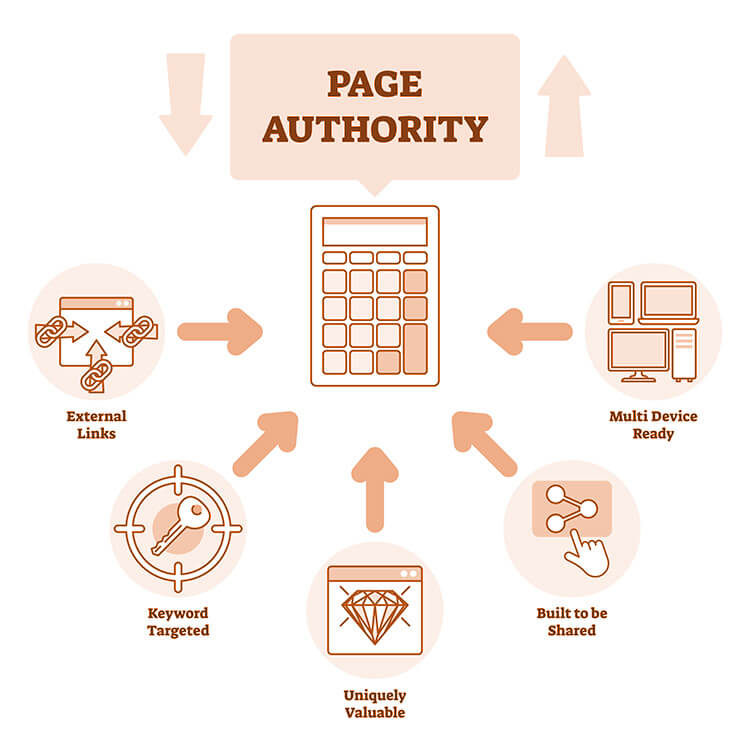
7. Claim Or Apply For Knowledge Panel
After Google recognises the entity home you established, a simple web search will reveal a knowledge panel of your brand. Like all knowledge panels, it will be accompanied by a globe icon. As long as there’s a globe or a social icon on your brand’s knowledge panel, you can claim it. To claim ownership of knowledge panels associated with your brand, log in to your authorised website or social media accounts, such as Google Search Console, YouTube, Twitter, or Facebook.
Here are a few easy steps that you can follow to claim your knowledge panel.
- Sign in to your Google account.
- Scroll to the knowledge panel on the SERPs and select “Claim this knowledge panel.”
- Login to the Search Console and claim your knowledge panel.
That’s all you must do if Google recognises the entity’s home and you as its owner. However, sometimes, the knowledge panel isn’t accompanied by a social or global icon. If that’s the case with your brand’s knowledge panel, then you’ll have to apply to claim the stakes of that knowledge panel manually.
Suppose you need to make changes to your knowledge panel. In that case, the process can be intricate and time-consuming, involving the submission of screenshots, legal documents, and other forms of proof to verify your ownership.
Frequently Asked Questions
Do you have any doubts about Google’s knowledge panel? Here are some of the most common queries.
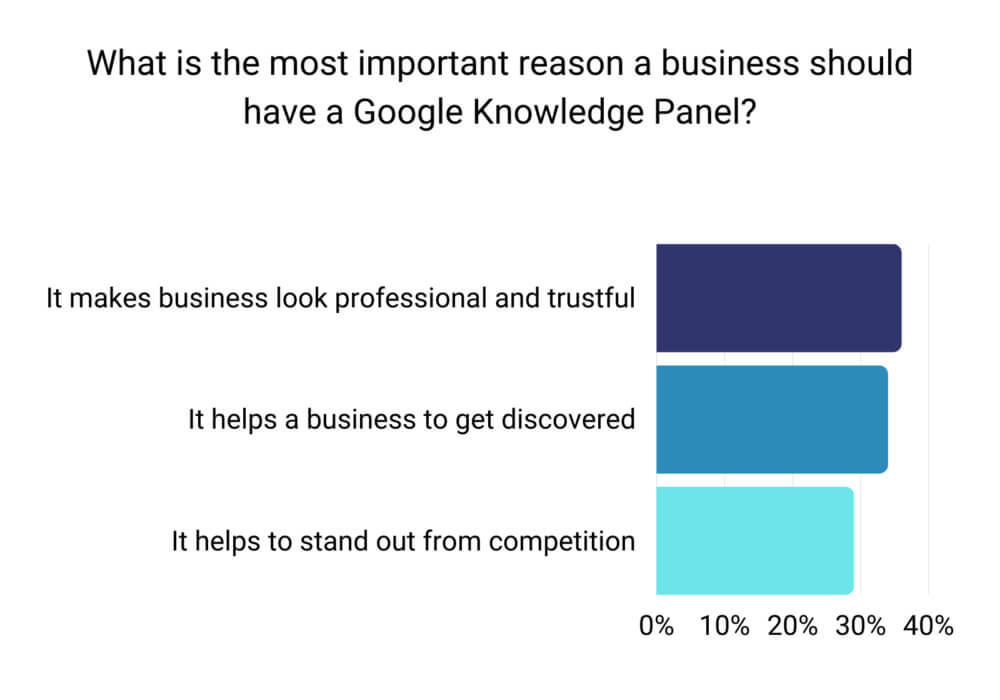
1. Can Knowledge Panels disappear?
Yes, Google’s knowledge panel can disappear from Google Search results, and some of the underlying reasons are listed below.
- Deletion of the entity home
- Update in Google’s knowledge graph
- Negative feedback on the panel
- Panel violates Google’s search policies
2. How soon can I get a Knowledge Panel?
There’s no exact time frame for getting to a knowledge panel. The process can take time, depending on your brand’s reputation and other factors. So, it would be best to patiently wait, as it could take days, weeks, or months to get one.
3. Is having a Wikipedia page enough to have a Knowledge Panel?
It’s a common belief that a Wikipedia page guarantees a knowledge panel, but that’s misleading. Wikipedia can’t serve as a reliable entity for your brand because anyone can easily copy the information.
Will You Create A Google Knowledge Panel?
This marks the end of our detailed guide on Google knowledge graphs and how to acquire them. We hope to clarify your doubts while emphasising their importance to local businesses.
While having a knowledge panel can be challenging or time-consuming for some, it’s all worth it. If you think your brand isn’t even there yet, then don’t worry! One can work around ways to step up the ladder and achieve Google’s recognition.
If you need help setting up your Google Knowledge Panel or tackling other website-related concerns, feel free to contact our dedicated team. We’re open to feedback and always ready to help.
Until then, make sure to check out some of our other guides.

